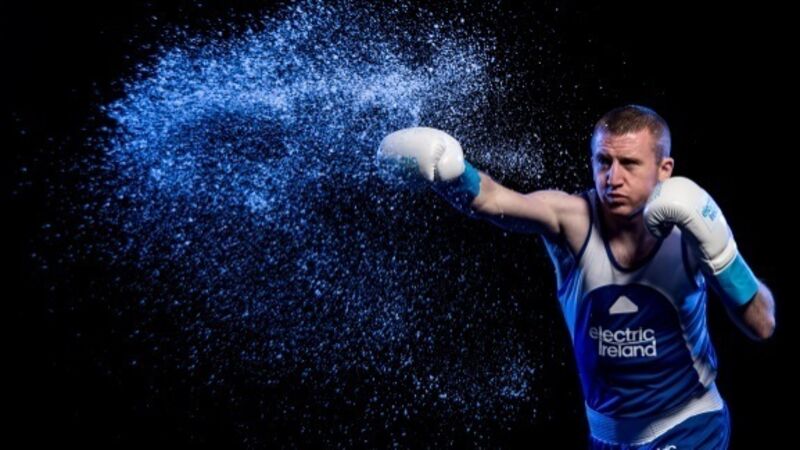The Kieran Shannon Interview: Paddy Barnes

HE just read the news today, oh boy. About a man who made the grade, or at least enough to go to the States but not enough to be kept at home.
Paddy Barnes received Billy Walsh’s farewell text a couple of hours before meeting me here in the offices of a Dublin PR company, and though the news was rather sad, well, he’d feared as much when he hadn’t seen Billy laugh.









